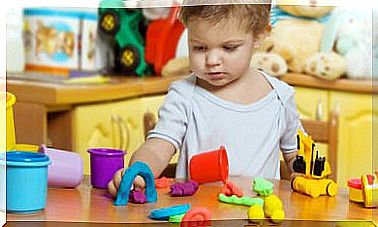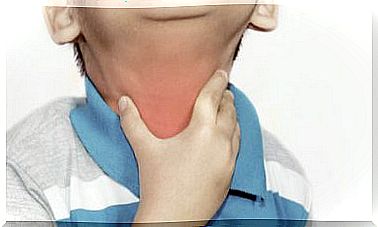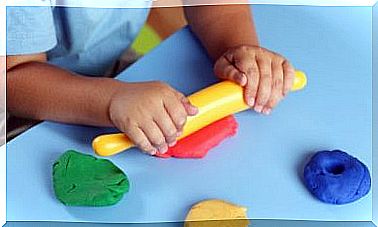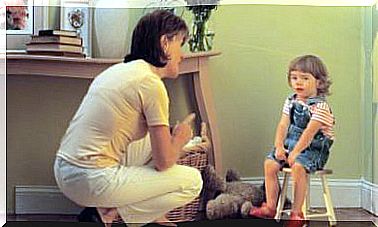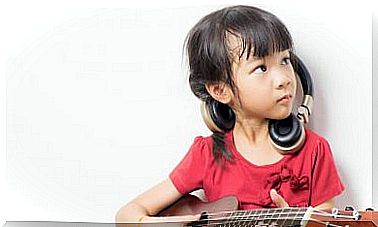Sleep Hygiene Guide For Kids
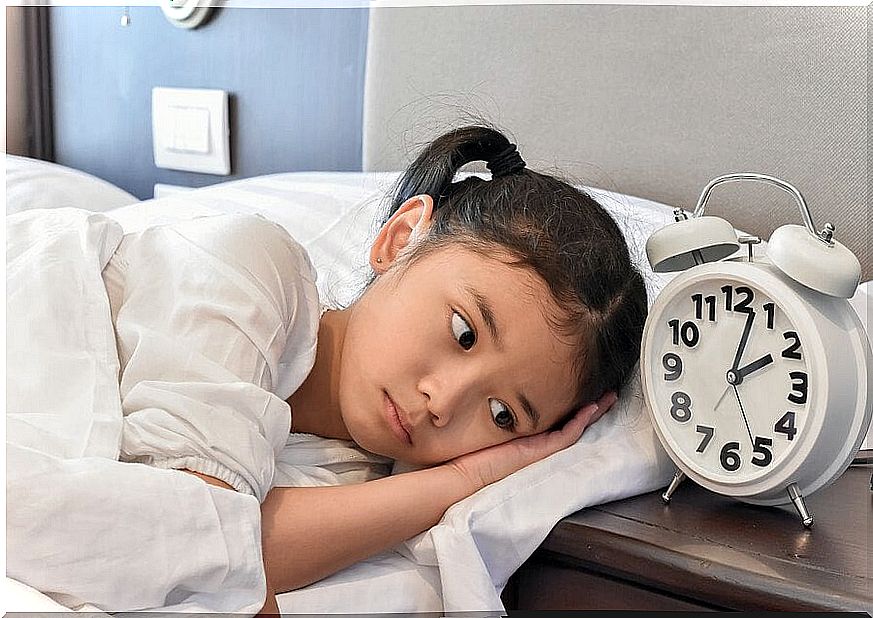
Did you know that insomnia has harmful effects if not treated in time? Therefore, it is important that children have good sleep habits. Sleep is a need of the body that allows the restoration of essential physical and psychological functions. By following the children’s sleep hygiene guide, you can help your child get restful sleep that translates into good health.
Sleep Hygiene Guide for Children: 5 Recommendations
In order to provide restful sleep for your child, it’s a good idea to follow this series of tips:
Fulfill a series of bedtime-related routines
It is essential to generate in the child the habit of sleeping every day at the same time. To do this, you should establish pre-routine activities, such as taking a shower, having dinner at least two hours before bed, and setting a prudent, steady amount of time to watch television or read a story.
The quality of sleep depends to a large extent on an established routine and the time children wake up in the morning. You must allow the child to sleep as long as he needs it.

the place where the child sleeps
Your son or daughter’s bedroom should be conditioned for sleep. This means it should have a suitable temperature, be warm, comfortable and have good light during the day, but remain dark at night. If the child is afraid, you can leave a very dim light on that doesn’t shine directly on the face.
Your child should relate his bedroom to sleeping at night. Another detail is to ensure that the child always sleeps in the same bed and wears comfortable pajamas.
Avoid distractions and excessive noise
Video games, television and music players should not be within reach of the child when going to bed. They bring the temptation to play and distract from sleep. In addition, it is very important to control noise in the bedroom so that sleep is not interrupted. If that happens, then it will be harder to fall asleep again.
Have autonomy at bedtime
Although children need to be close to their parents to feel safe, it is necessary to teach them to sleep alone in their room. The suggestion is to accompany her on some occasions while she falls asleep. However, that shouldn’t be the rule. On other nights, we should allow her to be alone until she falls asleep.
Limit physical activities at night
Certainly, another fundamental aspect found in the sleep hygiene guide for children is not to do physical activity just before bed, stopping at least two hours before going to bed.
It is also essential to serve dinner two hours before bedtime and not to consume high-sugar foods. Also, it is good to eliminate carbohydrates at night so that digestion is not too difficult.
Also prevent the child from taking stimulant drinks such as tea, caffeine or chocolate and provide a good diet rich in fruits and vegetables. This way, all of this will ensure that the child gets enough sleep and restful sleep.
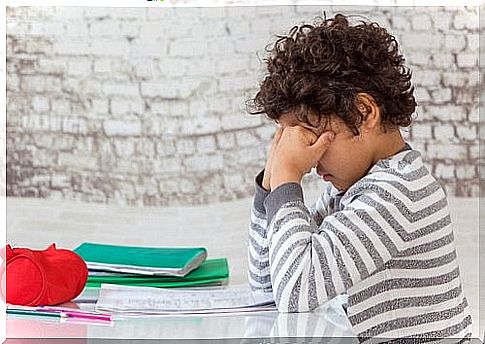
Harmful effects for children with sleeping difficulties
When children get little sleep at night, the consequences are evident in the body. Mood swings, unwillingness to engage in physical activity and reduced attention span and concentration. In this sense, they are also more likely to suffer emotional problems due to this maladjustment.
Causes of Insomnia in Children
In most cases, mental disorders are accompanied by a worsening in the quality and quantity of sleep, in addition to some illnesses, such as enuresis, which is the loss of control over the bladder sphincter.
Other factors are environmental conditions, light and darkness, medications and allergies, for example.
